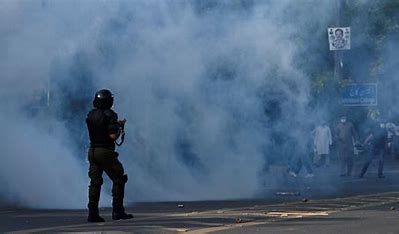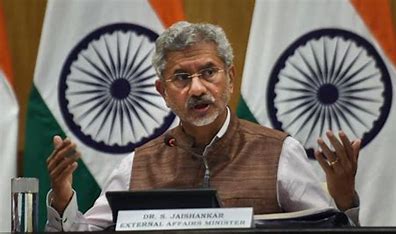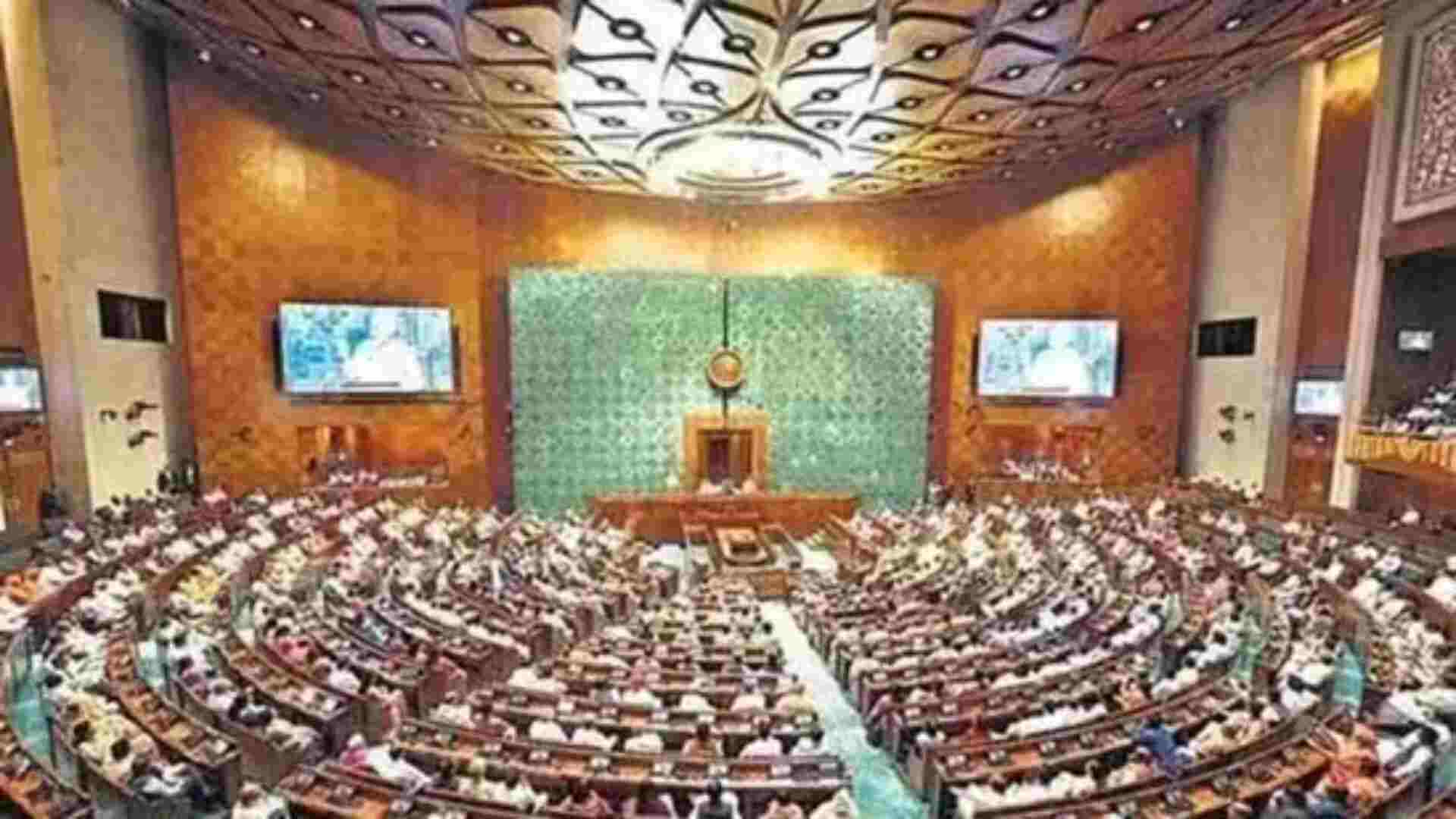
Over six months since Pakistan was removed by the Financial Action Task Force (FATF) from its grey list, a close look at the efforts made by Islamabad in implementing the FATF’s Action Plan has revealed a vast difference between its claims and the reality, reports InsideOver.
Pakistan would still be monitored for effective implementation of its Anti-Money Laundering (AML)/Countering Terror Financing (CFT) policies, the FATF made it clear at the time of removing Pakistan from the list. Despite this, the country seems to remain in a state of policy reluctance when it comes to catering to the problematic domains, according to the report by InsideOver.
At the February 2023 plenary held in Paris, the FATF president urged Pakistan to complete the committed Action Plan items related to AML/CFT systems. Pakistan, however, keeps on citing various problems faced by its implementation agencies to avoid making any real efforts to tackle the problem, according to InsideOver.
Pakistan claims to have identified 12 United Nations Designated Persons (UNDP) of which nine are said to be in Pakistan while three are located outside Pakistan. Projecting similar progress in Targeted Financial Sanctions (TFS) regime, Pakistan claims to have frozen 17 assets of six UNDPs and 189 assets of 118 associates of UNDP.
However, various state entities in the country acknowledge that the understanding of TFS regimes at the grass root level i.e., at the district level is inadequate with the officials being poorly trained and ill-equipped to implement the obligations effectively. Pak observers also point out that hardly any punitive measure has been taken against negligent employees found not complying with TFS requirements, InsideOver reported.
The international community was shocked recently when a video went viral in which Hizbul Mujahideen chief and US-designated global terrorist Syed Salahuddin were seen leading the funeral prayers of one of India’s most-wanted terrorists, Bashir Ahmad Peer who was killed in Pakistan.
Those who have closely watched Pakistan’s fixation with terrorism explain its inalienability from domestic politics. Action on domestically proscribed persons or entities is influenced by political and military considerations.















